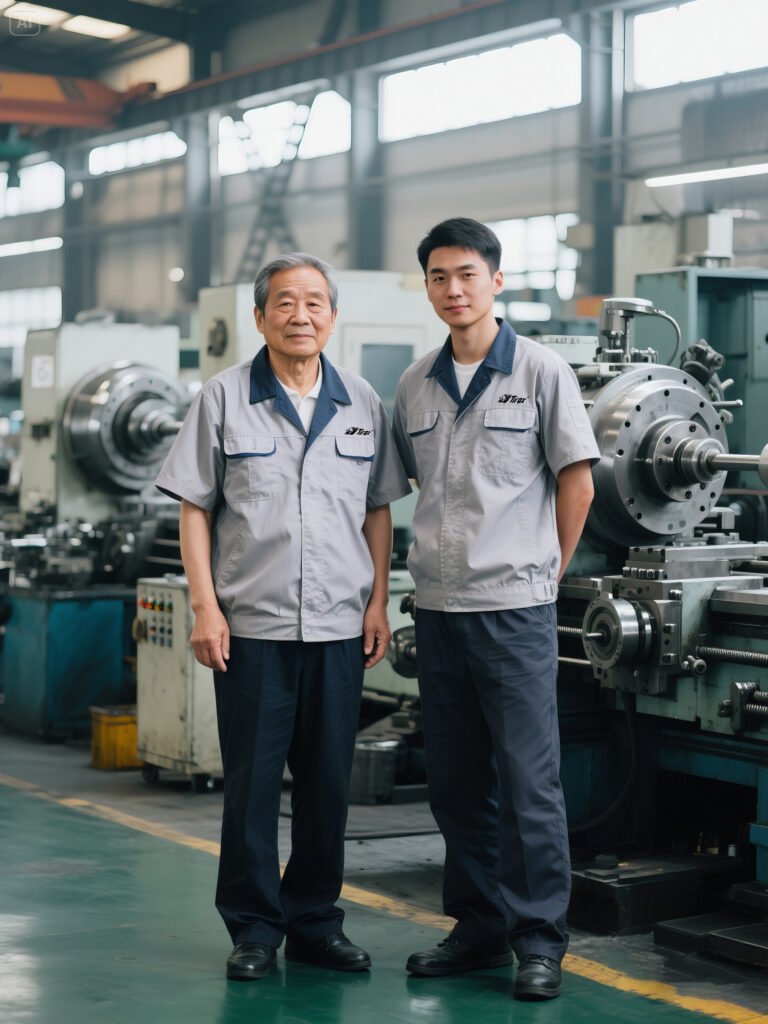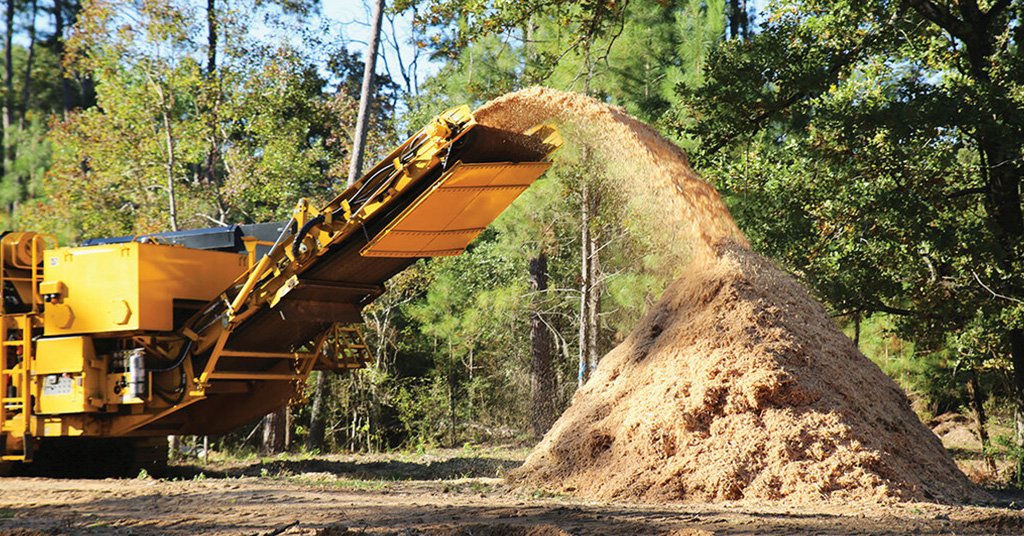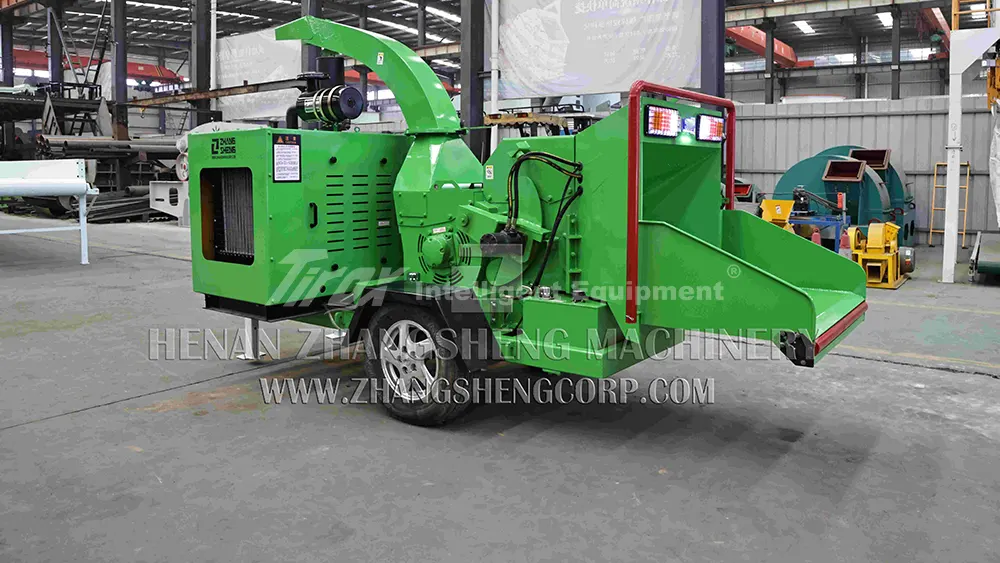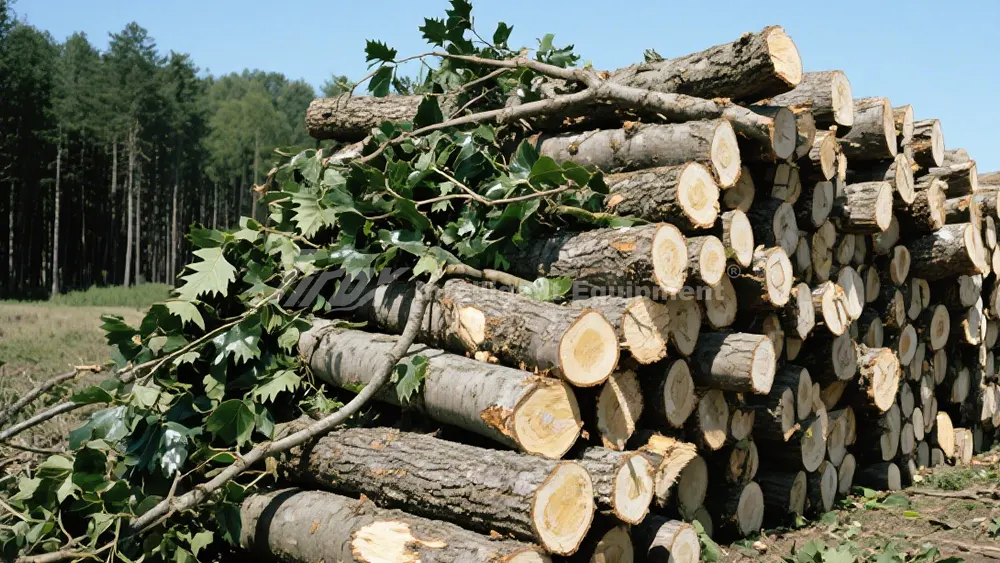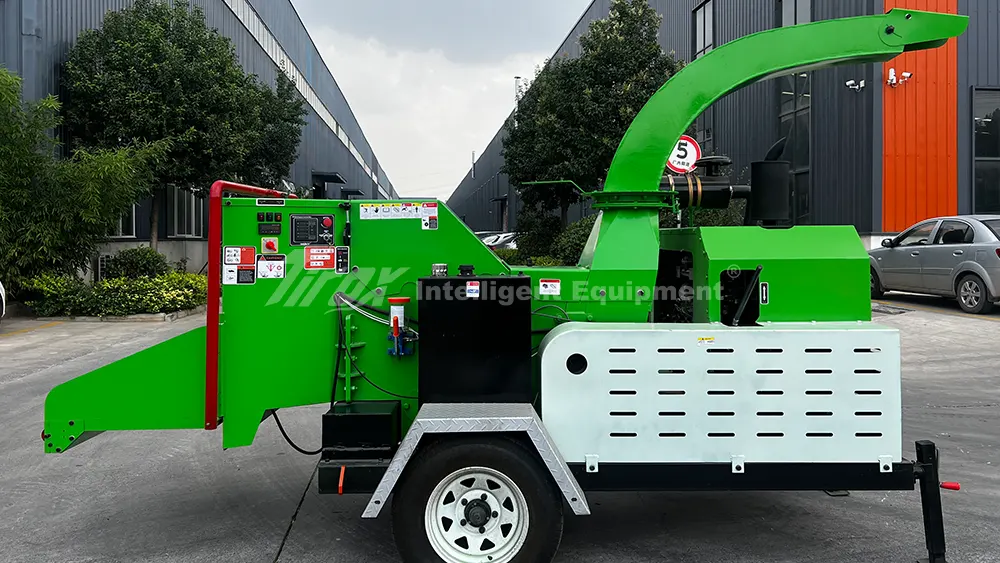Choosing the right engine for your industrial wood chipper is crucial to maximize productivity and minimize costs. Let’s explore the key differences between gas and diesel engines.
Diesel engines provide superior power and torque essential for heavy-duty wood chipping, while gas engines offer lower initial costs and simpler maintenance, making them ideal for lighter applications.
This decision impacts everything—from operational efficiency to project timelines. Understanding each engine’s strengths and weaknesses will help you align your investment with your business needs. Let’s dive deeper.
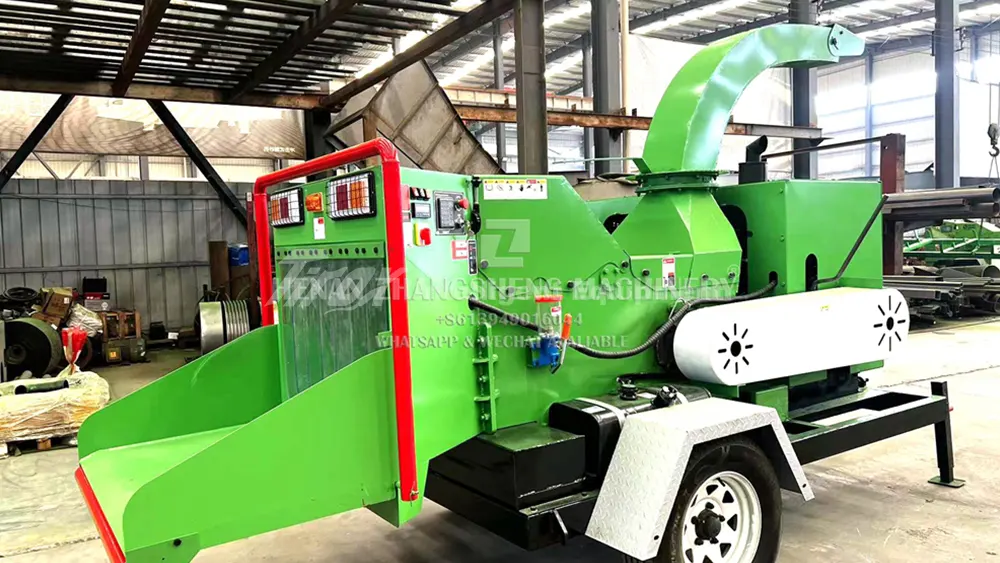
Why Choose Diesel Industrial Wood Chippers?
Diesel engines are synonymous with durability and power, making them the backbone of heavy-duty industrial operations. But are they the right choice for your business?
Diesel chipper engines excel in handling dense, large materials, offering fuel efficiency and longevity in continuous operations, crucial for forestry and biomass companies.
Diesel engines are built for demanding environments. They provide unmatched torque at lower RPMs, ensuring consistent power without bogging down. While the initial cost is higher, the lower operational expenses and higher resale value often make them a wise long-term investment.
Advantages of Diesel Engines:
- Superior torque for processing dense materials.
- Fuel efficiency under heavy loads.
- Durable and built for prolonged operation.
- Higher resale value for well-maintained units.
Disadvantages of Diesel Engines:
- Higher upfront cost.
- Complex maintenance requiring specialized parts.
- Challenging cold-weather start-up without auxiliary systems.
Learn more about how diesel engines can benefit your operations.
Why Choose Gas Industrial Wood Chippers?
Gas engines offer simplicity and affordability, making them a popular choice for businesses with lighter workloads or intermittent use. But do they meet your needs?
Gas chipper engines are cost-effective, easier to maintain, and ideal for smaller-scale operations, but they may struggle with heavy-duty applications over time.
Gas engines provide quicker start-up and simpler maintenance. While they are less fuel-efficient and have a shorter lifespan compared to diesel engines, their lower initial cost can make them a practical choice for smaller businesses or short-term projects.
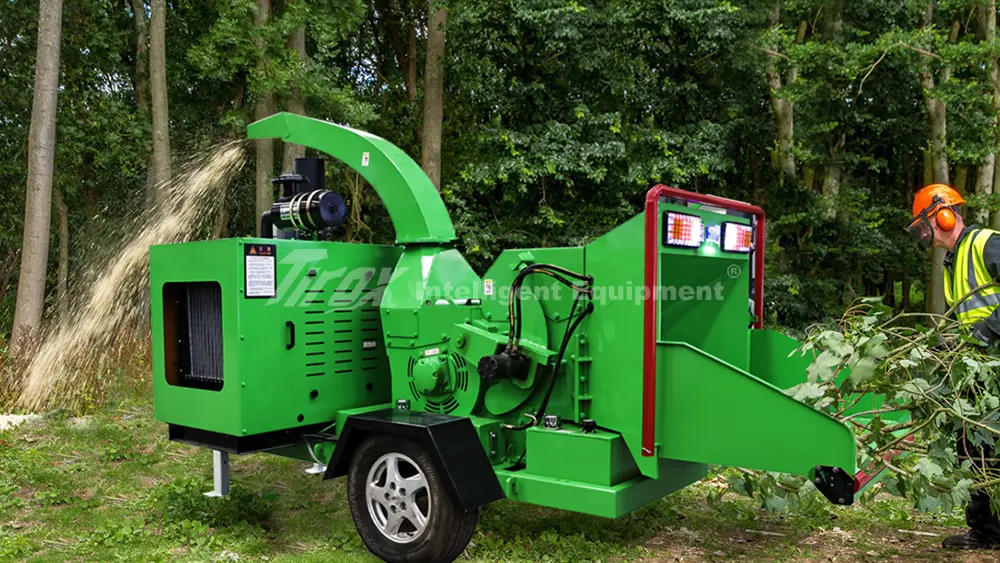
Advantages of Gas Engines:
- Lower initial purchase cost.
- Simpler maintenance with readily available parts.
- Quick and responsive start-up.
Disadvantages of Gas Engines:
- Lower torque and power for dense materials.
- Higher fuel consumption under heavy loads.
- Reduced lifespan and durability.
- Fuel volatility requiring careful storage and handling.
Explore our range of gas-powered wood chippers.
Key Decision Factors for Forestry and Biomass Companies
Engine choice is not just about budget—it’s about ensuring long-term efficiency and adaptability to your specific operational needs.
Consider material type, operational hours, budget, fuel availability, and environmental regulations to make the best engine choice for your business.
Factors to Evaluate:
| Criteria | Considerations |
|---|---|
| Material Type | Volume, density, and diameter affect engine power requirements. |
| Operational Hours | Continuous use favors diesel; intermittent use may lean towards gas. |
| Budget | Balance upfront costs with long-term operating expenses. |
| Fuel Availability | On-site storage and sourcing convenience. |
| Environmental Regulations | Compliance with emissions standards in your region. |
Dive deeper into strategic engine selection for your business.
Conclusion
Choosing between gas and diesel engines for your industrial wood chipper hinges on your operational needs and long-term goals. Make an informed decision to maximize productivity.

